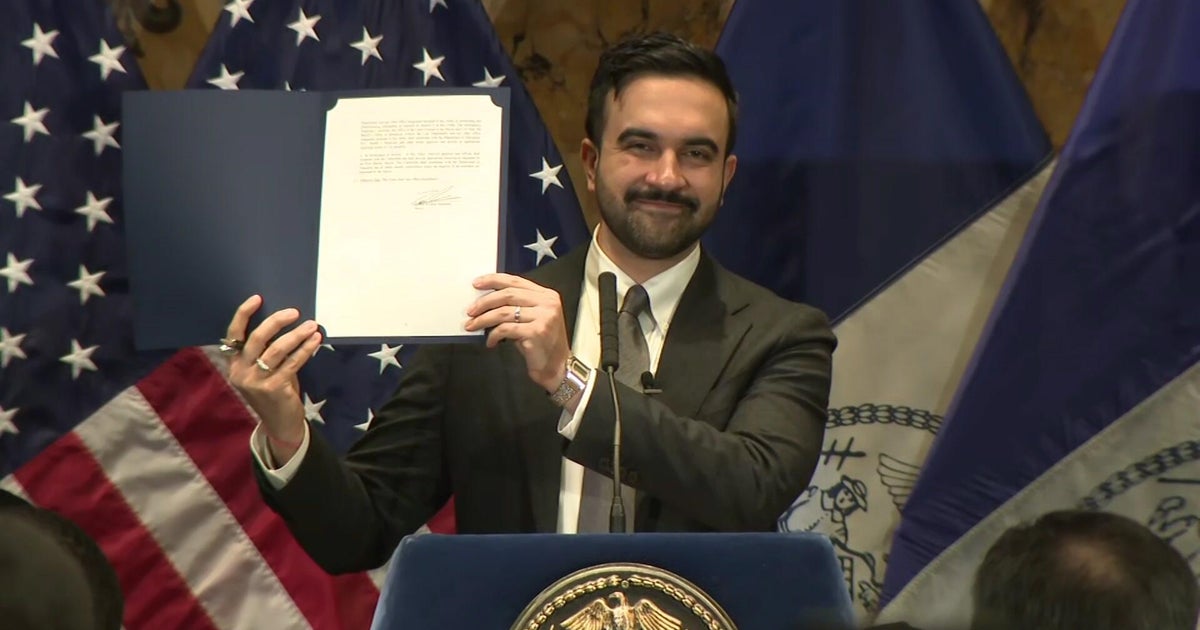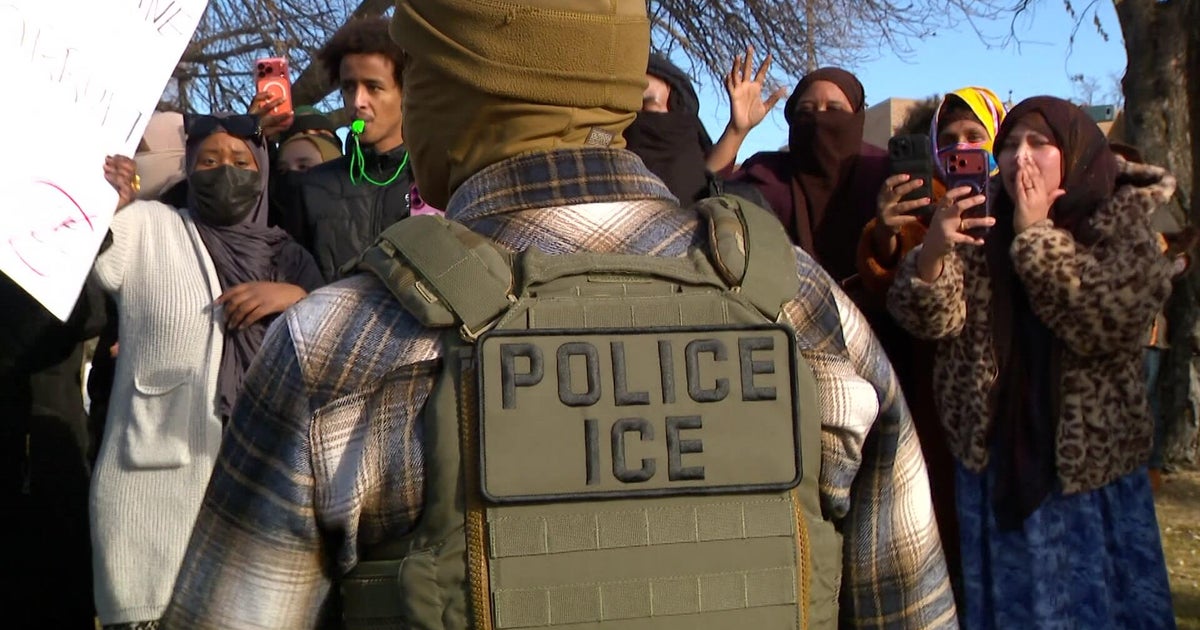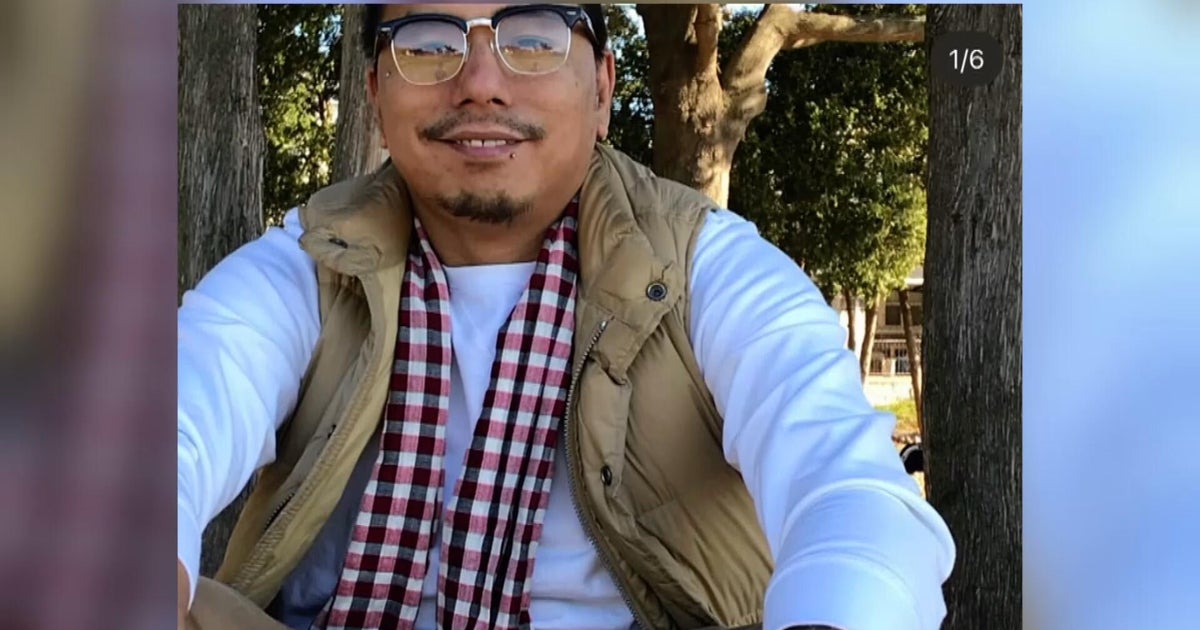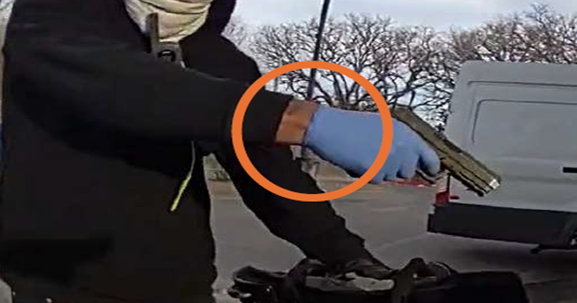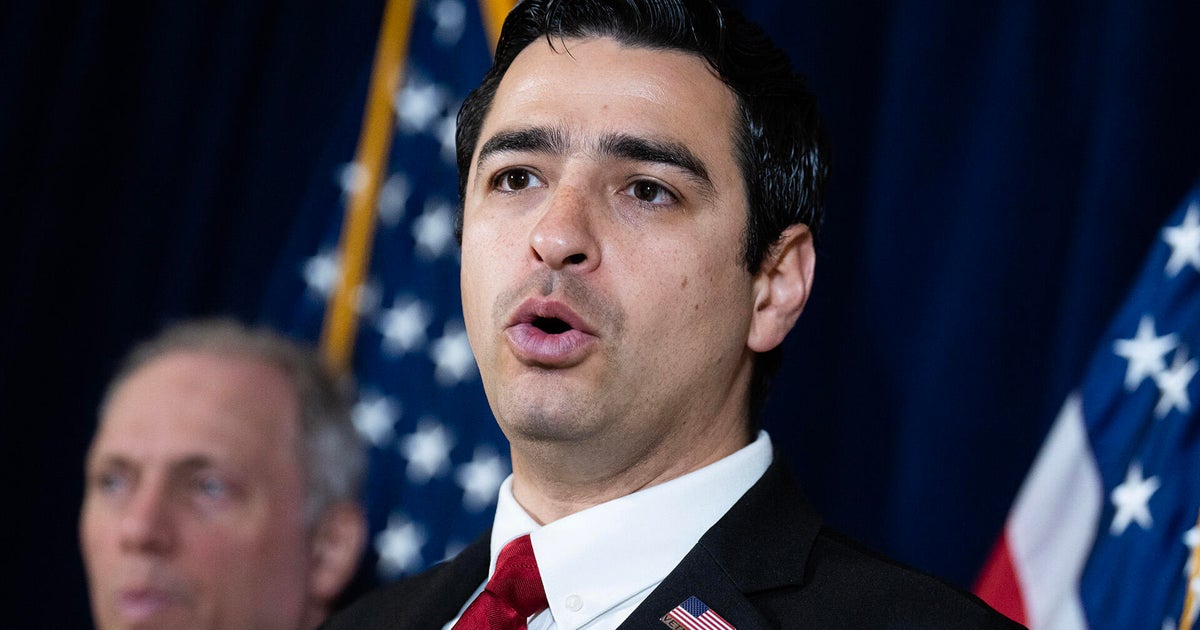Pair Ask DHS Official To End Fingerprint Program
ARLINGTON, Va. (AP) -- Two Maryland women facing deportation pleaded with a Homeland Security official Wednesday to end a program that gives federal immigration authorities access to fingerprints of people arrested.
Speaking in Spanish, Maria Bolanos told Marc Rapp, the Immigration and Customs Enforcement acting assistant director for the Secure Communities program, that she was arrested after calling police in Maryland during a fight with her partner.
She was arrested, she said, and accused of illegally selling telephone calling cards. Now she's facing deportation because her fingerprints were shared with immigration authorities and she was identified as an illegal immigrant as part of the Secure Communities program.
"I'm not a criminal," Bolanos said, adding that she fears being separated from her young daughter.
Bolanos, who was joined by Florinda Lorenzo, confronted Rapp during a public hearing on the Secure Communities program, which allows immigration authorities to use fingerprints sent to the FBI to identify illegal immigrants arrested around the country.
After Bolanos and Lorenzo confronted Rapp, who did not respond, about 200 people walked out of the meeting, chanting "end it, don't amend it."
Gustavo Andrade, an organizing director for Casa Maryland, asked the panel to resign before leading the protesters out.
Similar scenes have played out at other public hearings on Secure Communities in Dallas, Los Angeles, and Chicago.
Rapp declined to comment on the confrontation.
It was the fourth public forum held by members of a Homeland Security task force asked to come up with recommendations to improve the program, which critics contend has resulted in the deportation of thousands of people arrested on minor traffic offenses or other misdemeanors. Critics have also complained that states are being forced to participate in the program, despite initial assurances that the program was optional.
Earlier this month, ICE Director John Morton announced the agency was canceling previously signed agreements with states, saying that state permission was not needed for the fingerprint-sharing program.
Gary Mead, who leads ICE's enforcement and removal operations, said immigration officials are working to focus their efforts on criminals, repeated immigration violators and immigration fugitives. He said a June memo from ICE Director John Morton outlining when and how officials could use discretion in deportation cases -- including in cases of people with no criminal history and those who were brought to the United States as children -- was proof of that effort.
Last week, Homeland Security Secretary Janet Napolitano announced in a letter to senators supporting immigration reform that each of the approximately 300,000 cases pending in federal immigration court would be reviewed on a case-by-case basis and those with no criminal record would have their cases indefinitely put on hold.
Lorenzo, who spoke to a group of supporters before Wednesday's meeting, said she was pleased to hear about the policy change, but she still worries.
"I am fighting to stay here and not be separated from my children," the mother of three said.
The task force, which does not include Homeland Security or any other federal officials, is expected to make recommendations for changes to the Secure Communities program in September.
(Copyright 2011 by The Associated Press. All Rights Reserved.)

